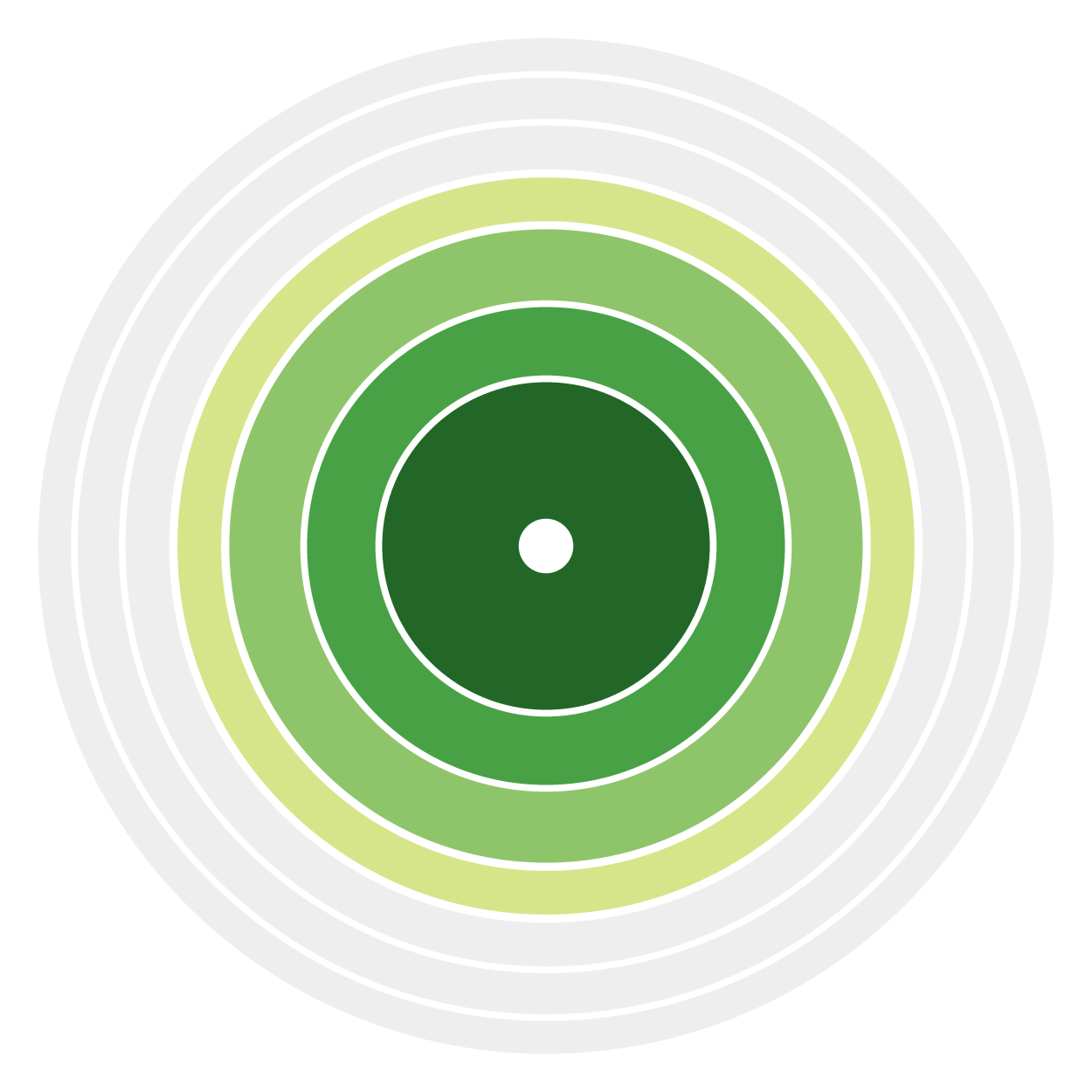Japanese vocabulary organized by JLPT level
Wikipedia JLPT N2 Vocab 1301-1400
QUICK STUDY
FLASHCARDS
DOWNLOAD
'na' adjective, noun
impertinent; saucy; cheeky; conceit; audacious; brazen; feisty(click the word for examples and links)
'ru' godan verb, intransitive verb
to be(come) transparent(click the word to view an additional 1 form, examples and links)
'su' godan verb, transitive verb
to till; to plow; to plough; to cultivate(click the word for examples and links)
Most common form: とる
'ru' godan verb, transitive verb
1. to adopt (measure, proposal)2. to pick (e.g. fruit); to catch (e.g. insects); to take (e.g. a sample)
(click the word to view an additional 2 meanings, examples and links)
2. too good; more than one deserves; unworthy of (often written with kana only)
(click the word to view an additional 1 meaning and 4 forms, examples and links)
'ru' godan verb, transitive verb
to hate; to dislike(click the word to view an additional 2 forms, examples and links)
'ru' godan verb, intransitive verb
to be taught (by); to learn from(click the word for examples and links)
Most common form: 話しかける
ichidan verb, transitive verb
1. to address (someone); to accost a person; to talk (to someone)2. to begin to talk; to start a conversation
(click the word to view an additional 2 forms, examples and links)
'ru' godan verb, intransitive verb
1. to be piled up; to lie on top of one another2. to come one after another; to happen over and over; to pile up (e.g. stress); to accumulate
(click the word to view an additional 1 meaning, examples and links)
noun
1. cook; chef (originally from Dutch 'kok')2. tap; spigot; faucet; cock
(click the word to view an additional 2 meanings, examples and links)
'ru' godan verb, intransitive verb
1. to harden; to solidify2. to become firm; to become certain
(click the word to view an additional 1 meaning, examples and links)
steadily
(click the word to view an additional 2 forms, examples and links)
noun
competition; contest (originally from French 'concours')(click the word for examples and links)
Most common form: つける
ichidan verb, transitive verb
to turn on; to switch on; to light up (see also: 付ける; often written with kana only)(click the word for examples and links)
Most common form: 言出す
'su' godan verb, transitive verb
to start talking; to speak; to tell; to propose; to suggest; to break the ice(click the word to view an additional 3 forms, examples and links)
'ru' godan verb, intransitive verb
to quieten down; to calm down; to subside; to die down; to abate; to be suppressed(click the word to view an additional 1 form, examples and links)
Most common form: とめる
ichidan verb, transitive verb
to give shelter to; to lodge; to put up; to accommodate(click the word for examples and links)
Most common form: しつっこい
1. insistent; obstinate; persistent; tenacious
2. too rich (taste, etc.); fatty; heavy; greasy
(click the word for examples and links)
'mu' godan verb, transitive verb
1. to knit; to plait; to braid2. to compile (anthology, dictionary, etc.); to edit
(click the word for examples and links)
noun
famine; drought; shortage; crop failure(click the word to view an additional 3 forms, examples and links)
'na' adjective, noun
avarice; covetousness; greed(click the word to view an additional 2 forms, examples and links)
Most common form: ゆるい
1. loose
2. lenient; lax
(click the word to view an additional 4 meanings, examples and links)
noun
(sudden) evening shower (rain)(click the word to view an additional 2 forms, examples and links)
Most common form: しま
noun, noun (suffix), 'no' adjective
stripe; bar; streak (also formerly written as 島 and 嶋)(click the word for examples and links)
Most common form: 偏る
'ru' godan verb, intransitive verb
to be one-sided; to incline; to be partial; to be prejudiced; to lean; to be biased; to be biassed(click the word to view an additional 2 forms, useful expressions, examples and links)
noun, 'no' adjective
person with a lot of experience; old hand; veteran (in a particular field)(click the word to view an additional 2 forms, examples and links)
Most common form: さすが
2. still; all the same (often written with kana only)
(click the word to view an additional 1 meaning and 3 forms, examples and links)
2. choke (this meaning is restricted to reading チョーク)
(click the word to view an additional 1 meaning and 1 form, examples and links)
Most common form: 溢れる
ichidan verb, intransitive verb
1. to spill; to fall out of; to overflow (often written with kana only)2. to peek through; to become visible (although normally not)
(click the word to view an additional 1 meaning and 2 forms, examples and links)
1. indiscriminately; blindly; at random; recklessly; thoughtlessly; excessively; profusely (often written with kana only)
(click the word to view an additional 1 form, examples and links)
'gu' godan verb, transitive verb
1. to shoulder; to carry on one's shoulder2. to nominate for a position; to choose as a representative
(click the word to view an additional 2 meanings, examples and links)
noun
zori; Japanese sandals(click the word to view an additional 1 reading, examples and links)
Most common form: 当てはまる
to apply (a rule); to be applicable; to come under (a category); to fulfill
(click the word to view an additional 2 forms, examples and links)
noun
1. echo; reverberation2. sound (esp. the distinctive sound of an object or activity, e.g. rain, gun, gallop, drum); noise
(click the word to view an additional 1 meaning and 2 forms, examples and links)
expression
1. pleased to meet you; how do you do (often written with kana only)2. my regards (to someone); my greetings; best wishes; remember me to (often written with kana only)
(click the word to view an additional 1 form, examples and links)
1. pale; pallid
2. bluish-white
(click the word to view an additional 2 forms, examples and links)
Most common form: 気をつける
expression, ichidan verb
to be careful; to pay attention; to take care(click the word to view an additional 2 forms, examples and links)
noun
millimeter; millimetre (often written with kana only; originally from French)(click the word to view an additional 2 forms, examples and links)
Most common form: 直す
2. to fix; to correct; to repair (usu. 直す)
(click the word to view an additional 3 meanings and 2 forms, useful expressions, examples and links)
Most common form: ドキドキ
1. thump-thump; bang-bang; pit-a-pat; pitapat; pitter-patter (onomatopoeic or mimetic word)
2. to beat fast (of one's heart); to throb; to pound; to palpitate (onomatopoeic or mimetic word)
(click the word to view an additional 3 forms, examples and links)
'ru' godan verb, transitive verb
1. to carve; to engrave; to sculpt; to chisel2. to tattoo (this meaning is restricted to reading ほる)
(click the word to view an additional 3 forms, examples and links)
Most common form: 蒸暑い
humid; sultry
(click the word to view an additional 2 forms, examples and links)
adverb, 'suru' verb, noun
carelessly; thoughtlessly; inadvertently (onomatopoeic or mimetic word)(click the word to view an additional 1 form, examples and links)
1. regrettable; disappointing
2. precious; dear; valuable
(click the word to view an additional 2 meanings, examples and links)
noun
tail (animal) (often written with kana only)(click the word to view an additional 1 form, useful expressions, examples and links)
extensive; spacious (see also: 広々とした)
(click the word to view an additional 2 forms, examples and links)
Most common form: つける
ichidan verb, transitive verb
1. to attach; to join; to connect; to add; to append; to affix; to stick; to glue; to fasten; to sew on; to apply (ointment); to put against (often written with kana only)2. to furnish (a house with) (often written with kana only)
(click the word to view an additional 14 meanings and 3 forms, useful expressions, examples and links)
2. to serve (as); to act (as); to fill (the position of); to play the role (of) (usu. 務める)
(click the word to view an additional 1 meaning and 2 forms, examples and links)
'su' godan verb, transitive verb
to increase; to add to; to augment (opposite: 減らす)(click the word to view an additional 2 forms, examples and links)
noun, 'suru' verb, 'no' adjective
dizziness; giddiness; vertigo (often written with kana only)(click the word to view an additional 4 forms, examples and links)
noun, 'suru' verb
lecture cancellation; cancelling (lecture, class, etc.)(click the word for examples and links)
good-for-nothing; stupid; trivial; worthless (often written with kana only)
(click the word to view an additional 1 form, examples and links)
interjection (kandoushi)
good-bye (often written with kana only)(click the word to view an additional 1 form, examples and links)
Most common form: 関わる
'ru' godan verb, intransitive verb
1. to be affected; to be influenced2. to be concerned with; to have to do with
(click the word to view an additional 1 meaning and 6 forms, examples and links)
Most common form: お辞儀
noun, 'suru' verb
bow; bowing (see also: 辞儀; polite (teineigo) language)(click the word to view an additional 2 forms, examples and links)
interjection (kandoushi)
2. now, now (used in calming people down)(click the word to view an additional 1 meaning, examples and links)
interjection (kandoushi)
have a good day; take care; see you (often in response to いってきます; often written with kana only)(click the word to view an additional 2 forms, examples and links)
Kanshudo is your AI Japanese tutor, and your constant companion on the road to mastery of the Japanese language.
To get started learning Japanese, just follow the study recommendations on your Dashboard.
You can use Quick search (accessible using the icon at the top of every page) to look up any Japanese word, kanji or grammar point, as well as to find anything on Kanshudo quickly.
For an overview, take the tour.




